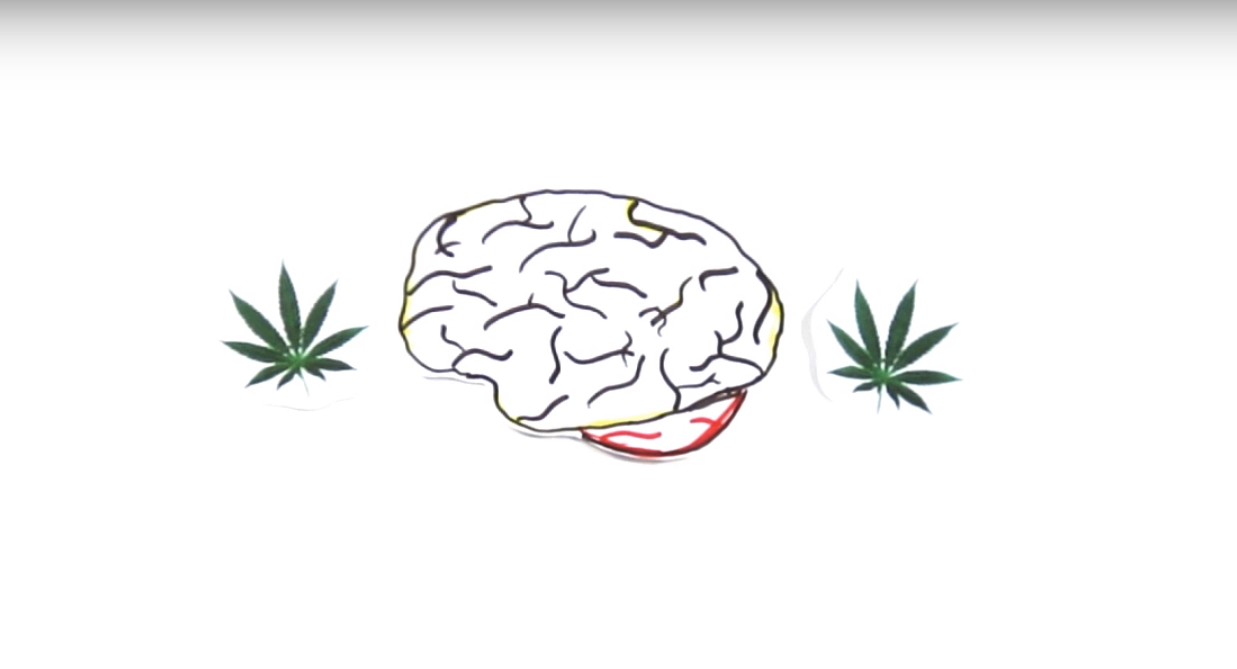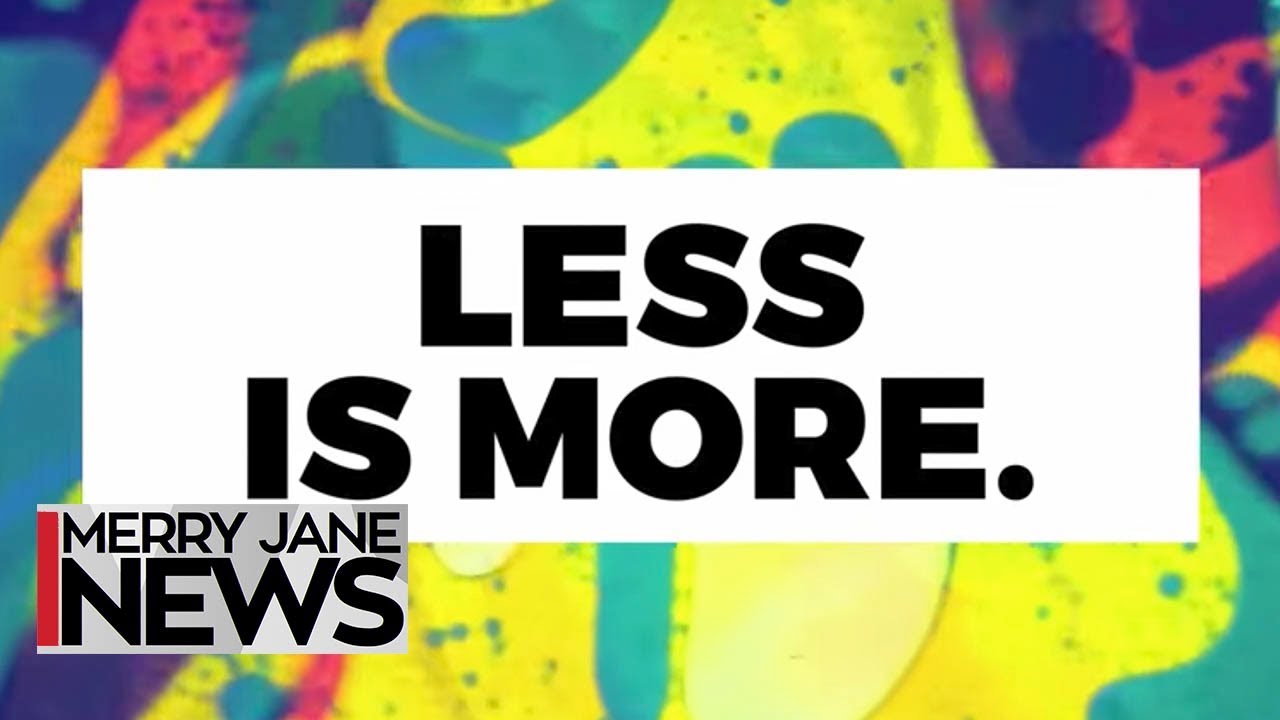In Canada, prisons continue to treat marijuana as an illicit drug, even though the nation enacted a federal medical marijuana program back in 2001.
According to Extract, inmates who hold doctor’s prescriptions for medical cannabis don’t get products made from the plant. Instead, prison clinics will give inmates nabilone (a.k.a. Cesamet), a synthetic cannabinoid that’s similar to THC.
Nabilone is approved in Canada, the US, the UK, and the EU for treating nausea, multiple sclerosis, chronic pain, and wasting syndromes like AIDS. It also won’t trigger false positives on drug tests looking for THC metabolites, so prison officials can still determine if an inmate is smoking weed on top of taking nabilone.
Nabilone, however, isn’t cheap. Because it’s patented and made in a lab, drug companies can demand about $40 per 1 milligram capsule. A year’s supply of nabilone can cost as much as $25,000.
Other synthetic cannabinoid pharmaceuticals, like dronabinol (a.k.a. Marinol), aren’t popular because the formulations lack additional plant components such as terpenes, waxes, and other cannabinoids, which patients have reported enhances the efficacy and safety of medical marijuana over the pharmaceuticals.
In the US, New Mexico is considering giving its inmates access to plant-derived products, but current policy restricts all psychotropic drug administration to forms that prevent “hoarding” the drugs for recreational use.
Follow Randy Robinson on Twitter











